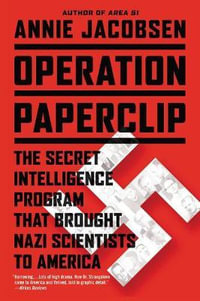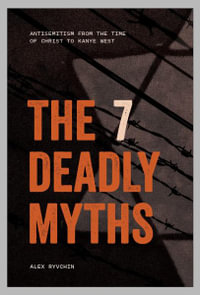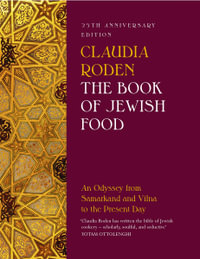A Taytsh Manifesto calls for a translational paradigm for Yiddish studies and for the study of modern Jewish culture. Saul Noam Zaritt calls for a shift in vocabulary, from Yiddish to taytsh, in order to promote reading strategies that account for the ways texts named as Jewish move between languages and cultures.
Yiddish, a moniker that became dominant only in the early twentieth century, means "Jewish" and thus marks the language with a single identity: of and for a Jewish collective. In contrast, this book calls attention to an earlier and, at one time, more common name for the language: taytsh, which initially means "German." By using the term taytsh, speakers indicated that they were indeed speaking a Germanic language, a language that was not entirely their own. In time, when the word shifted to a verb, taytshn, it came to mean the act of translation. To write or speak in Yiddish is thus to render into taytsh and inhabit the gap between languages.
A Taytsh Manifesto highlights the cultural porousness that inheres in taytsh and deploys the term as a paradigm that can be applied to a host of modern Jewish cultural formations. The book reads three corpora in modern Yiddish culture through the lens of translation: Yiddish pulp fiction, also known as shund (trash); the genre of the Yiddish monologue as authored by Sholem Aleichem and other prominent Yiddish writers; and the persistence of Yiddish as a language of vulgarity in contemporary U.S. culture. Together these examples help revise current histories of Yiddish while demonstrating the need for new vocabularies to account for the multidirectionality of Jewish culture. A Taytsh Manifesto develops a model for identifying, in Yiddish and beyond, how cultures intertwine, how they become implicated in world systems and empire, and how they might escape such limiting and oppressive structures.
Industry Reviews
"A Taytsh Manifesto is a fascinating interrogation of literary genealogies as well as a provocative call to new ways of reading Jewish culture. Zaritt's taytsh reading is dangerous, pushing against the safety of well-established borders between vulgar and respectable, high culture and shund, vernacular and post-vernacular, Jewish and European or American. A Taytsh Manifesto is a bundle of dynamite shoved underneath the foundational mythologies of modern Yiddish culture and the most exciting, thought provoking book about the present and future of Yiddish in years."---Rokhl Kafrissen, author of A Brokhe / A Blessing
"This provocative book highlights the transnational role of Yiddish over the past hundred years. By emphasizing Yiddish's translational qualities, Zaritt powerfully reimagines the language outside the terms of ethnonational canon-formation."---Amelia Glaser, University of California, San Diego
























